Week Seven: Reframing Trauma
Lisa Fannen Sapna Agarwal
We’ll be looking at reframing trauma, how we might understand trauma in the bodymindsoul, taking a look at the physiology of trauma, forms of trauma, and at ways to mitigate and heal trauma.
Arika have been creating events since 2001. The Archive is space to share the documentation of our work, over 600 events from the past 20 years. Browse the archive by event, artists and collections, explore using theme pairs, or use the index for a comprehensive overview.
We’ll be looking at reframing trauma, how we might understand trauma in the bodymindsoul, taking a look at the physiology of trauma, forms of trauma, and at ways to mitigate and heal trauma.
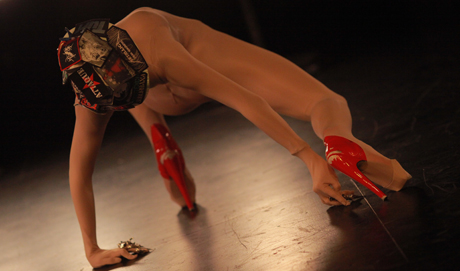
What would have happened in 1963 if someone from the voguing ball scene going on in Harlem had travelled downtown to perform alongside the early postmoderns at Judson Church?
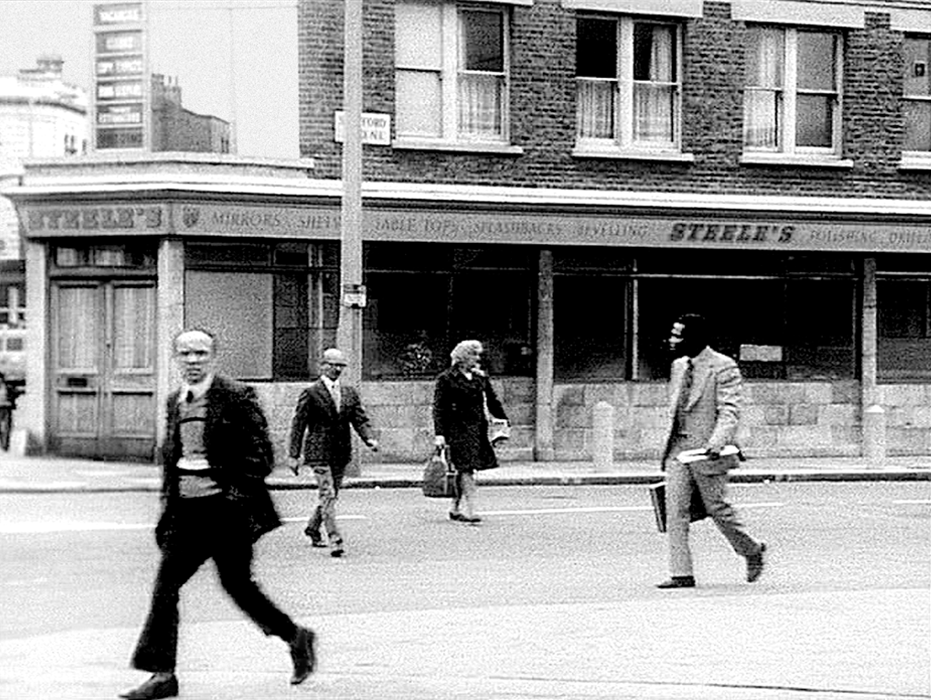
Includes: street portraits of kids in 1930’s Dakota, a mysterious foggy pilgrimage, a swarm of time-lapsed consumers, a stereoscopic analysis of mill life, up close and personal in a Lighting Bolt mosh pit.
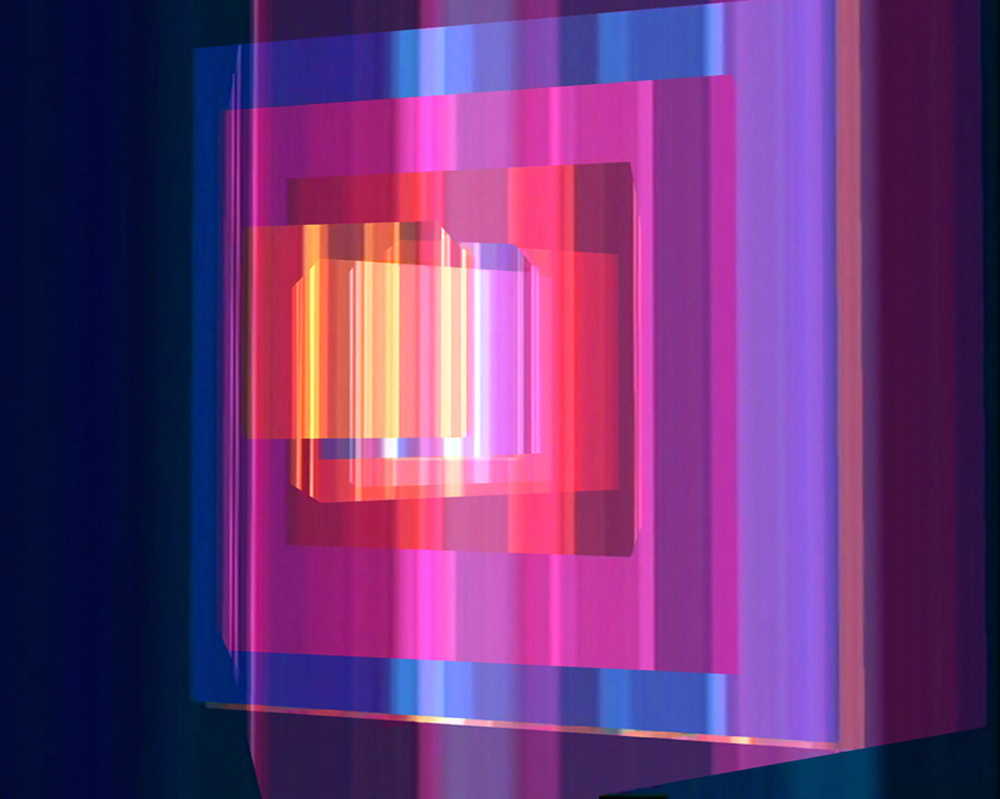
A glance at both analogue and digital processes; the clarity and precision of digital colour or the yawning, endless depth of dye and emulsion, our programme celebrates how both approaches revel in colour, saturation, hue and tone.

What is the radical concept at the core of ‘rhythm’, expanded from simply musical or mathematical notions to encompass personal, social, collective rhythms?

Our favourite Lancashire-born autodictact asks what’s political about the tension between the individual and the collective in free jazz.

Bringing together artists working with music, sound, film and the moving image, KYTN 2008 saw performances, improvisations, screenings and installations over three days at DCA.
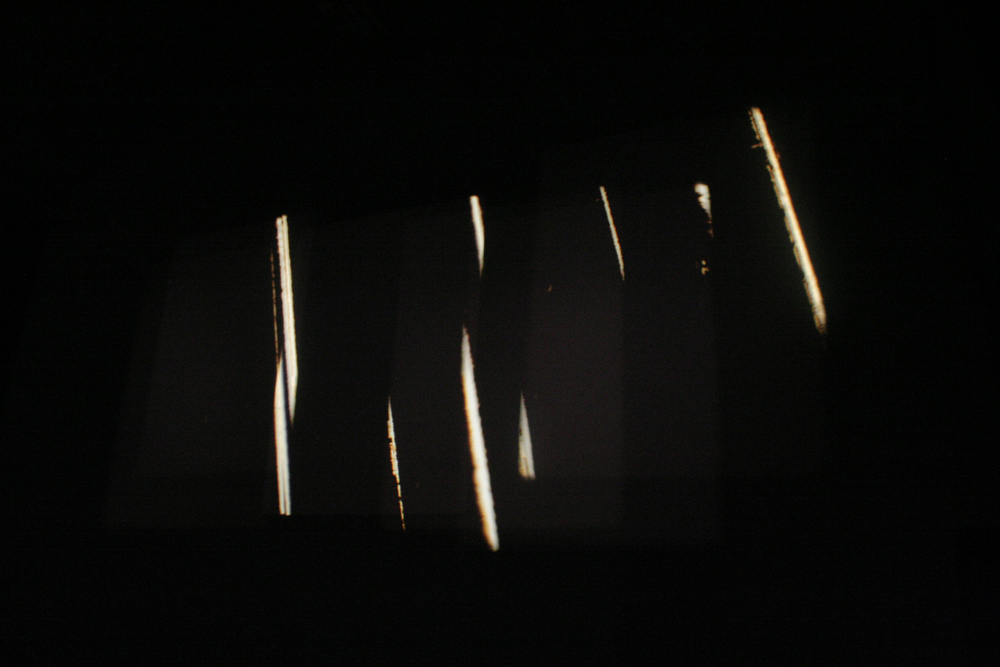
Guy Sherwin gives a kind of annotated, chat through his optical sound films

A space to reflect on our own experiences with the police and explore more community and care-based ways of dealing with violence and difficulties in our lives.

Two-parts Helhesten spit strangled shanties and cracked reeds from under a net of the Glasgow Improv Orchestra’s six-strings and one moustache.

What happens when you are engaged in a deep and extended artistic practice that intersects between literature and music, notation and improvisation, sight and sound?
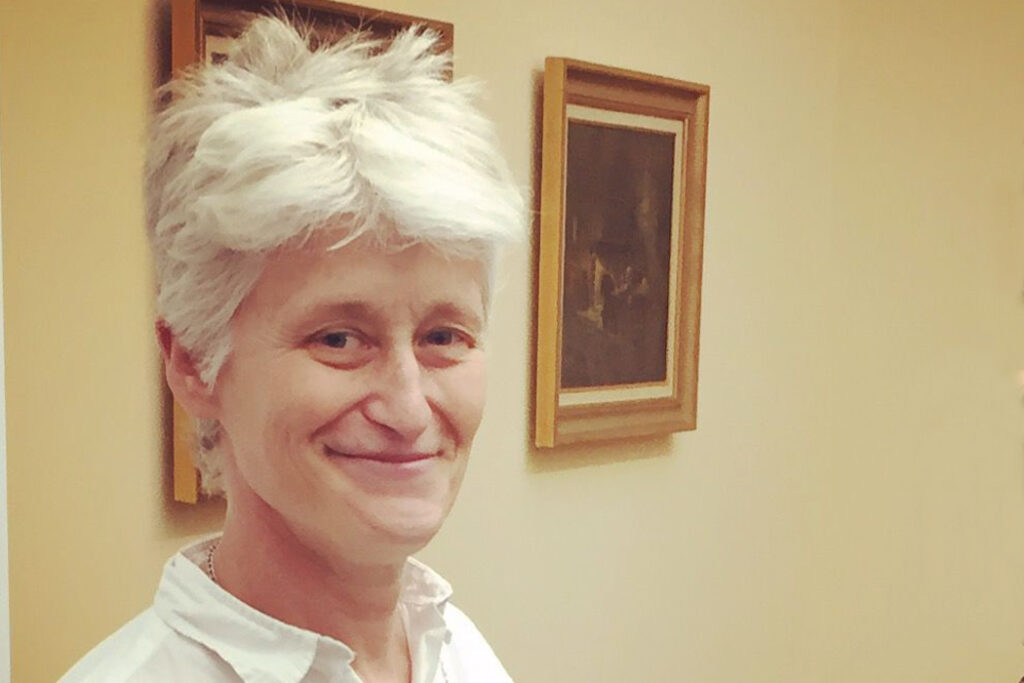
Elizabeth’s writing pulls apart toxic settler colonialism and the worldview used to justify it; working towards an alternative distribution of powers, so that ways of being otherwise can endure.